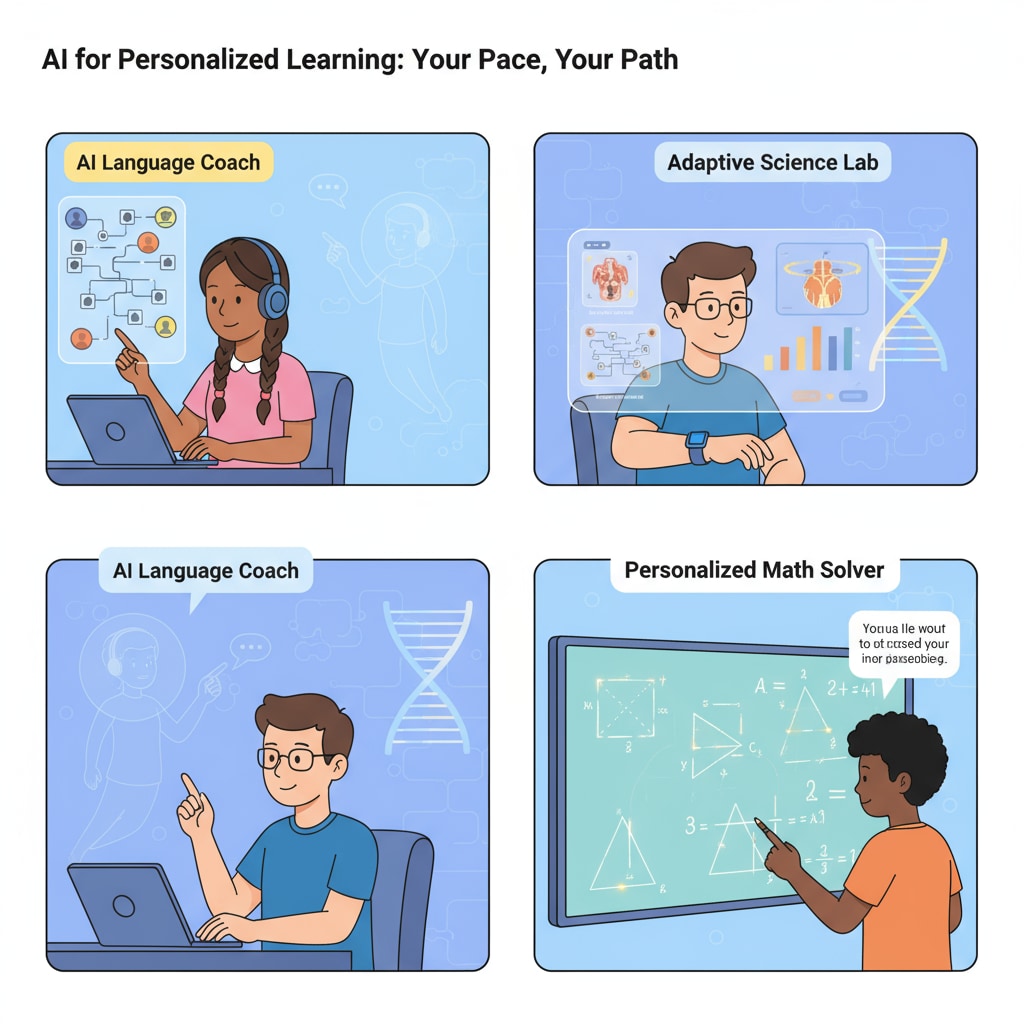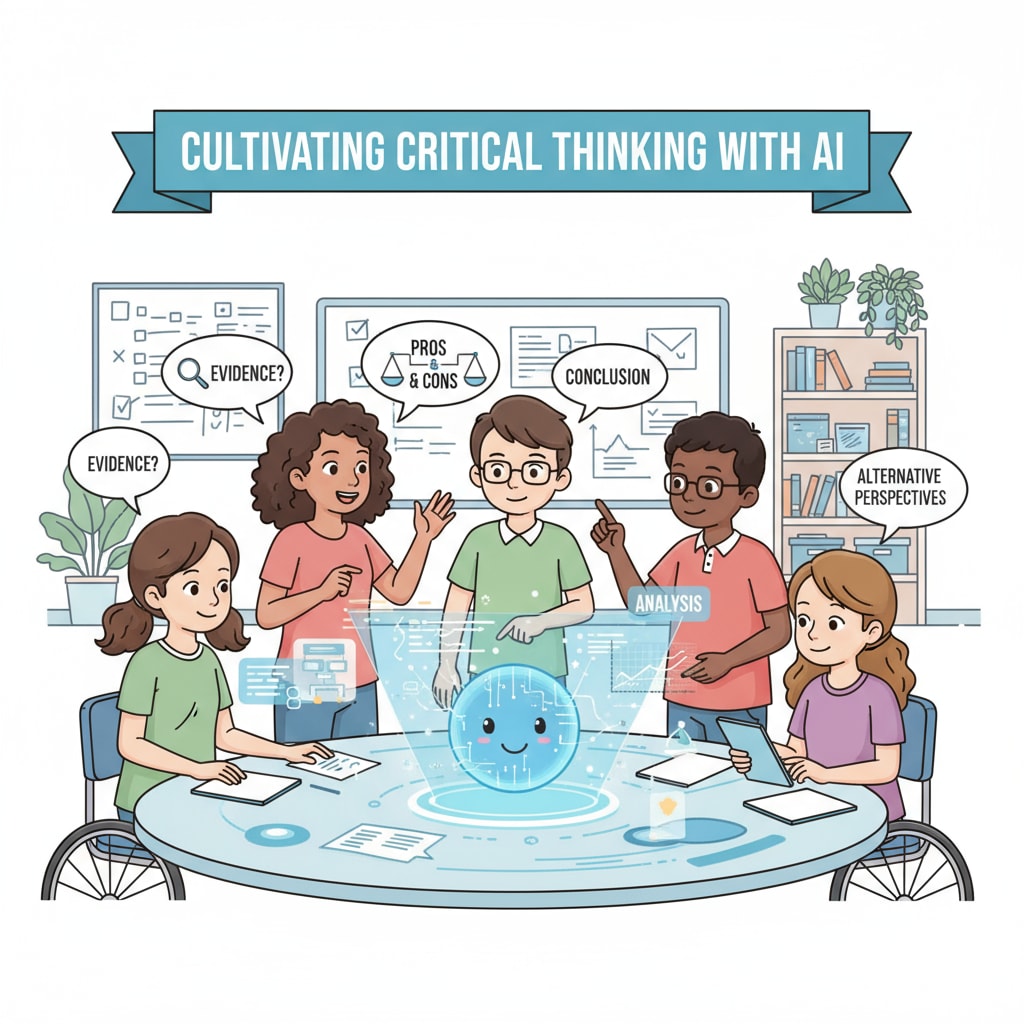AI education has emerged as a transformative force in K12 learning, offering new avenues for personalized learning and critical thinking development. As technology continues to evolve, understanding its best practices and potential pitfalls becomes crucial for educators.

For instance, AI can analyze a student’s learning patterns and provide customized learning materials, enhancing the personalized learning experience. However, along with these benefits come various challenges.
The Power of Personalized Learning in AI Education
Personalized learning through AI is no longer a distant dream. It allows for tailored educational experiences based on individual student needs. AI algorithms can analyze vast amounts of data, such as a student’s performance on assignments, test scores, and learning pace. As a result, educators can provide targeted instruction. For example, if a student is struggling with a particular math concept, the AI system can recommend additional practice problems and interactive tutorials. This personalized approach not only improves academic performance but also boosts student engagement. Learn more about personalized learning on TeachThought

Fostering Critical Thinking with AI
AI also plays a significant role in cultivating critical thinking among students. Instead of simply providing answers, AI tools can present complex problems and guide students through the process of analysis and evaluation. For example, an AI-powered discussion forum can encourage students to share diverse perspectives and challenge each other’s ideas. This interaction helps students develop their critical thinking skills. Moreover, AI can offer real-time feedback on students’ arguments, enabling them to refine their thinking. Explore how AI is used as an education tool on NEA
Despite these advantages, AI education is not without its pitfalls. One major concern is the potential for over-reliance on technology. When students become too dependent on AI for answers, they may lose the ability to think independently. Another issue is data privacy. With the collection of vast amounts of student data, ensuring its security and proper use is of utmost importance. Additionally, there are concerns about educational equity, as not all students may have equal access to AI resources.
Readability guidance: The article has presented the positive aspects of AI in education like personalized learning and critical thinking cultivation. It has also highlighted potential problems. By using short paragraphs and providing examples, it aims to make the content accessible. Transition words have been used to ensure a smooth flow between ideas.


